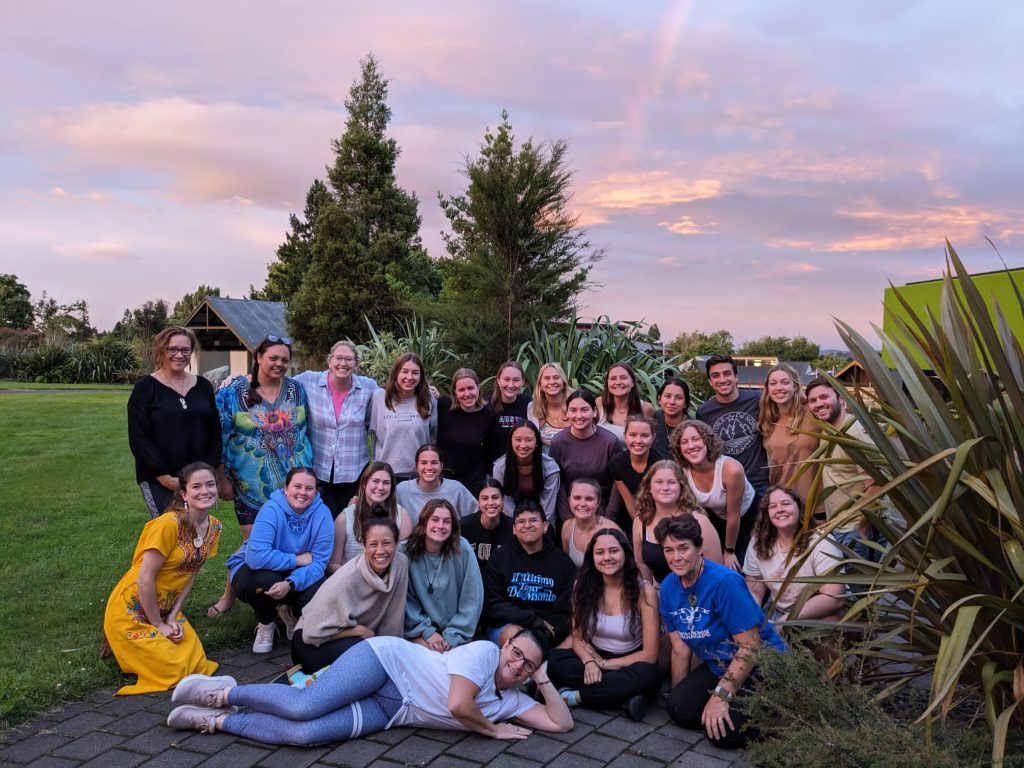The well-being of families is a national and global concern, and the study of rapidly changing families is multidisciplinary, evidence-based and relationship focused. Many disciplines contribute to the understanding of families, so family studies is an integrative field that synthesizes knowledge from liberal arts disciplines, particularly biology, psychology, social work, sociology, and political science. The concentration in family studies is designed to enable students to learn about families in both theory and practice; it is a concentration that can enhance student knowledge and skills to complement virtually any major on campus. The concentration is a plan of study that prepares students entering careers with families ranging from family therapy, education, or ministry to family practice in law, medicine, nursing, social work or public policy.
Plan Your Concentration
Talk with a faculty member about course decisions and planning. Email, call, or stop by for an appointment.
- Courses suggested for family studies often meet General Education requirements.
- FS 132: Introduction to Family Studies is the first course; this course is open to first year students.
- An experiential component is required in the senior year.
- Family studies concentration can complement any major, including CIS.
- Study abroad opportunities fit nicely with a family studies concentration. Contact the Family Studies Concentration Director for more information.
Family Studies Intended Learning Outcomes
Students will demonstrate:
3. The ability to integrate classroom and experiential learning.
What can a Family Studies concentration do for you?
Career Opportunities in Family Science
Exploring Careers in Family Science

J-Term 2024 Family Studies students gathered to celebrate their learning and accomplishments in the first Australia/New Zealand abroad trip.
You must be logged in to post a comment.